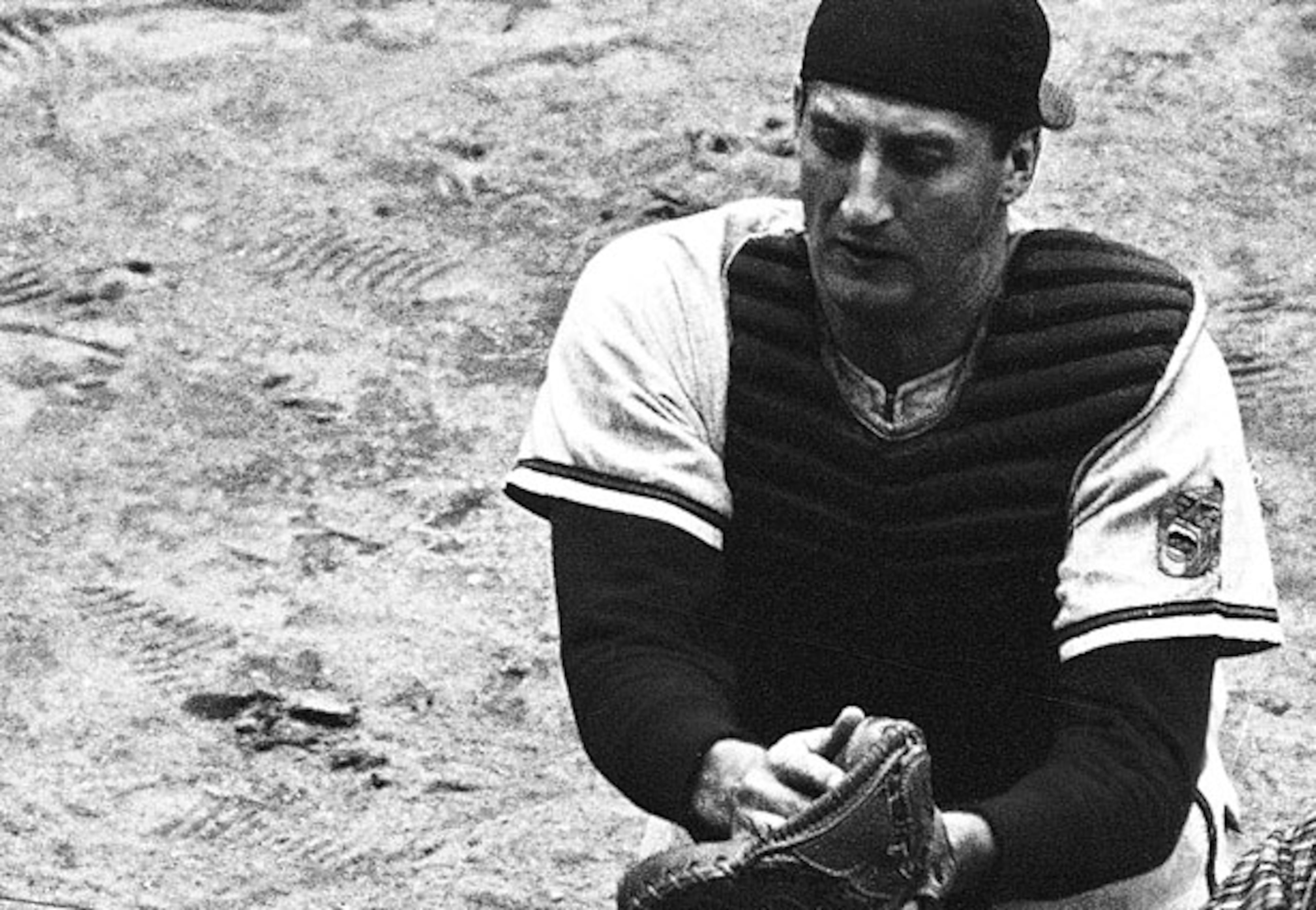Bob Uecker battled small-cell lung cancer: 5 facts about the disease
Former Atlanta Braves player turned iconic broadcaster Bob Uecker, 90, has died. “Mr. Baseball,” who announced games for his hometown Milwaukee Brewers for 54 seasons, died Thursday morning in what has become “one of the most difficult days in Milwaukee Brewers history.” Though his cause of death was not revealed, Uecker had been battling small-cell lung cancer since early 2023, according to his family.
What is small-cell lung cancer?
There are two main types of lung cancer: small-cell and non-small cell. According to the American Cancer Society, non-small cell lung cancer is often categorized in one of two stages: limited or extensive.
“If your cancer is limited stage, you might get radiation or chemotherapy (chemo) treatments to try to cure the cancer,” the American Cancer Society reported. “An extensive-stage cancer will be treated but is less likely to be cured. Be sure to ask your doctor about your cancer’s stage and what it might mean.”
How common is small-cell lung cancer?
Lung cancer was the second-most diagnosed cancer for both men and women in the United States in 2024, behind breast cancer in women and prostate cancer for men, according to the American Cancer Society. The organization estimates there will be around 226,650 new cases of lung cancer across the genders in the U.S. in 2025. Small-cell, like what Uecker faced, makes up around 13% of all lung cancer cases. Consequently, there will be an estimated 29,465 new cases of small-cell lung cancer this year.

“On a positive note, the number of new lung cancer cases continues to decrease, partly because more people are quitting smoking (or not starting),” the organization reported. “The number of deaths from lung cancer continues to drop as well due to fewer people smoking and advances in early detection and treatment.”
Smoker or non-smoker, the odds of being diagnosed with lung cancer are about 1-in-17 in men and 1-in-18 for women.
How do you know if you have small-cell lung cancer?
Common symptoms of small-cell lung cancer are coughing, trouble breathing and chest pain. If your doctor is concerned, they may order imaging tests be done, like a chest X-ray or MRI scan.
“If you go to your doctor when you first notice symptoms, your cancer might be diagnosed at an earlier stage, when treatment is more likely to be effective,” according to the American Cancer Society. “Most of these symptoms are more likely to be caused by something other than lung cancer. Still, if you have any of these problems, it’s important to see your doctor right away so the cause can be found and treated, if needed.”
Coughing up blood, hoarseness, loss of appetite, weight loss, wheezing and reoccurring infections bronchitis or pneumonia infections are also common symptoms.
How deadly is small-cell lung cancer?
Lung cancer is the leading cause of cancer deaths, accounting for roughly 20%, according to the American Cancer Society. It kills more people than colon, breast and prostate cancers combined. In 2025, the American Cancer Society anticipates around 124,730 deaths due to lung cancer.
The five-year relative survival rate of small-cell lung cancer — the odds that a cancer patient will live another five years compared to a non-patient — ranges from 7% to 30% depending on the cancer’s stage: if the cancer is localized (has not spread outside of the lung), regional (has spread to lymph nodes or other parts of the chest on the same side of the body) or distant (has spread to the other lung or outside of the chest).
How is small-cell lung cancer treated?
Radiation, chemotherapy and immunotherapy are some of the most common treatments for small-cell lung cancer, according to the American Cancer Society.

“Radiation uses high-energy rays (such as X-rays) to kill cancer cells,” the American Cancer Society reported. “In limited-stage small-cell lung cancer, it’s most often used along with chemo to treat the tumor and lymph nodes in the chest. Or it could be used on the brain to try to keep the cancer from spreading there. Radiation can also be used to relieve symptoms, such as pain, bleeding, trouble swallowing or other problems. It’s usually given in small doses every day for many weeks.”
Instead of using rays, chemotherapy uses drugs to do battle with the disease. It’s the most common treatment for small-cell lung cancer and often takes several months to complete. The treatment comes with potentially significant side effects, including fatigue and hair loss.
Immunotherapy, meanwhile, uses the immune system itself to attack the cancer cells.
“An important part of the immune system is its ability to keep itself from attacking normal cells in the body,” the American Cancer Society said. “To do this, it uses ‘checkpoint’ proteins on immune cells, which act like switches that need to be turned on (or off) to start an immune response. Cancer cells sometimes use these checkpoints to avoid being attacked by the immune system. Drugs that target these checkpoints (called checkpoint inhibitors) can be used to treat some people with small-cell lung cancer (SCLC).”
Find more stories like this one on our Pulse Facebook page.


